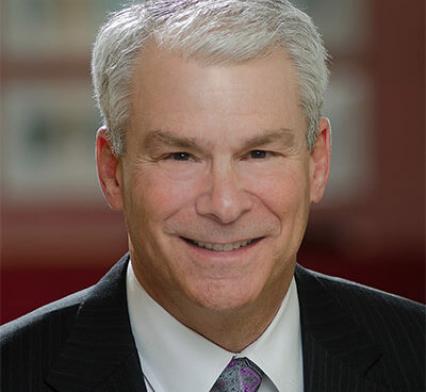Flexibility
Colorado’s legislature was the scene of an extended debate this year over the issue of paid family and medical leave. Ultimately, legislators amended a bill that would have created a state-run paid leave program to a series of studies of potential approaches and costs.
As you can imagine, the bill occasioned significant discussion in the business community. And much of that centered on how Colorado companies are already addressing this need. The vast majority of CEOs I spoke to already provide – just as my company does – some kind of paid family leave in addition to the required federal unpaid FMLA program. They structure it in different ways, but they realize it’s a crucial component for attracting and retaining employees. It all comes down to flexibility. If you think about it, the future of work will be predicated on flexibility: whether that’s allowing employees to work from home, or set their own hours, or take a few hours away from the office to clear their heads at busy times of year (as the accounting firm BDO does during tax season) or share jobs. Allowing employees to take time to care for themselves or loved ones is another demonstration of the flexibility that all companies will have to demonstrate in order to compete successfully for the workers of the future.
Note that we’re not talking here about the flexibility of the gig economy. On-demand jobs enabled by market platforms like Uber, Handy, InstaCart and others allow people to work when they please. But that flexibility comes with a significant price: the absence of essential benefits like unemployment insurance and workers’ compensation coverage. And we’ve all seen the litigation around whether workers in these jobs should actually be categorized as employees, not independent contractors, in at least some cases.
The movement toward paid family leave demonstrates a different kind of flexibility: that of the employer toward meeting the employee’s needs. Colorado’s business leaders can use their insights as employers to help policymakers understand all options for paid family leave – from workable parameters for a state-run plan to different structures for employer-sponsored coverage – and determine an approach that can work for businesses as well as employees. It’s incumbent on all of us to do so, as legislatively-mandated analyses are beginning this summer. I encourage my colleagues to engage in the process.
